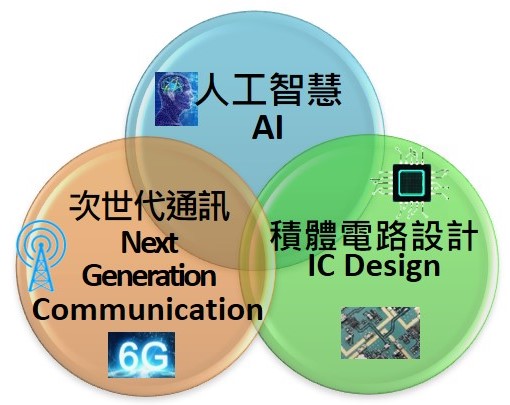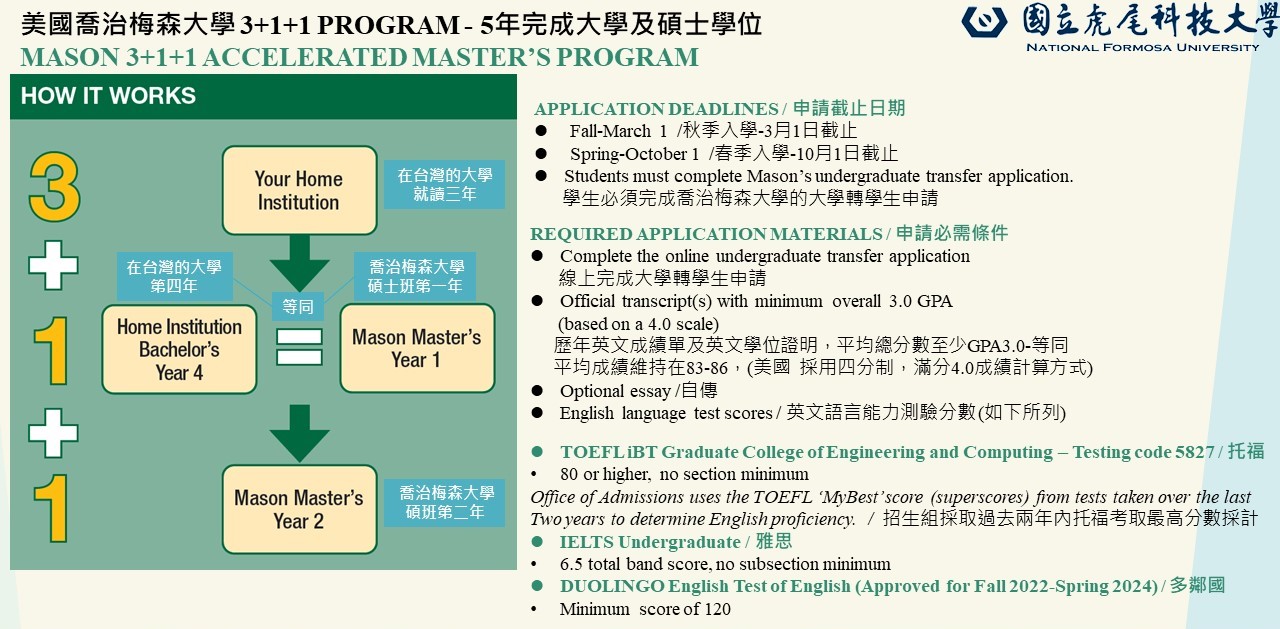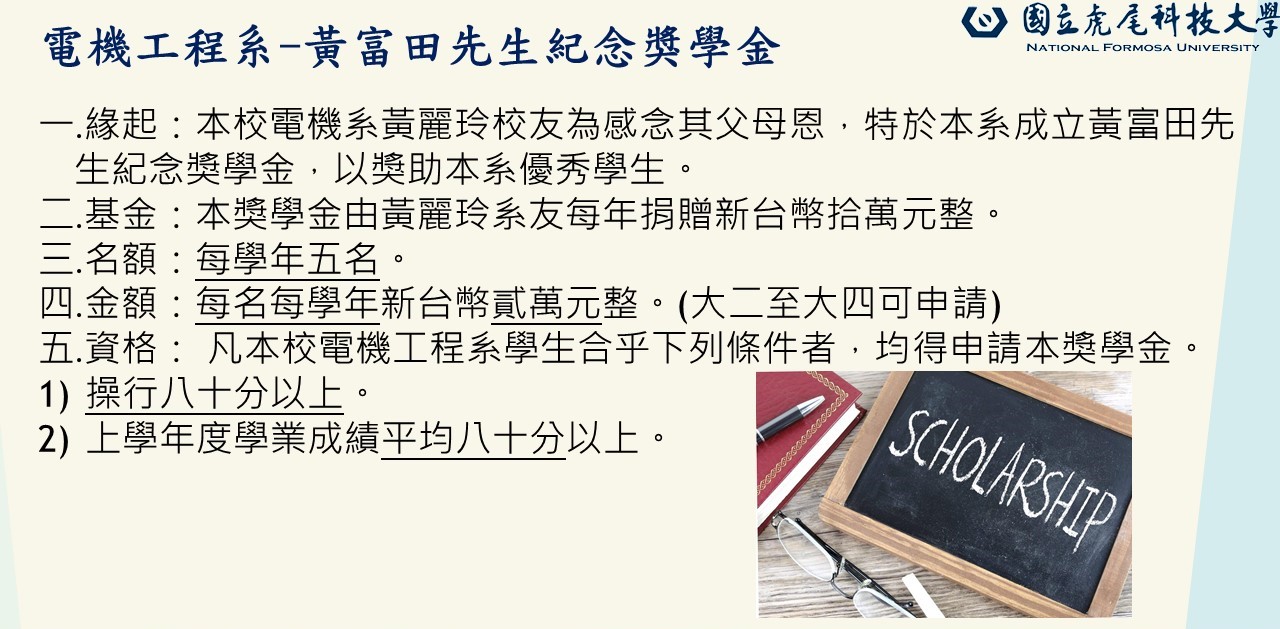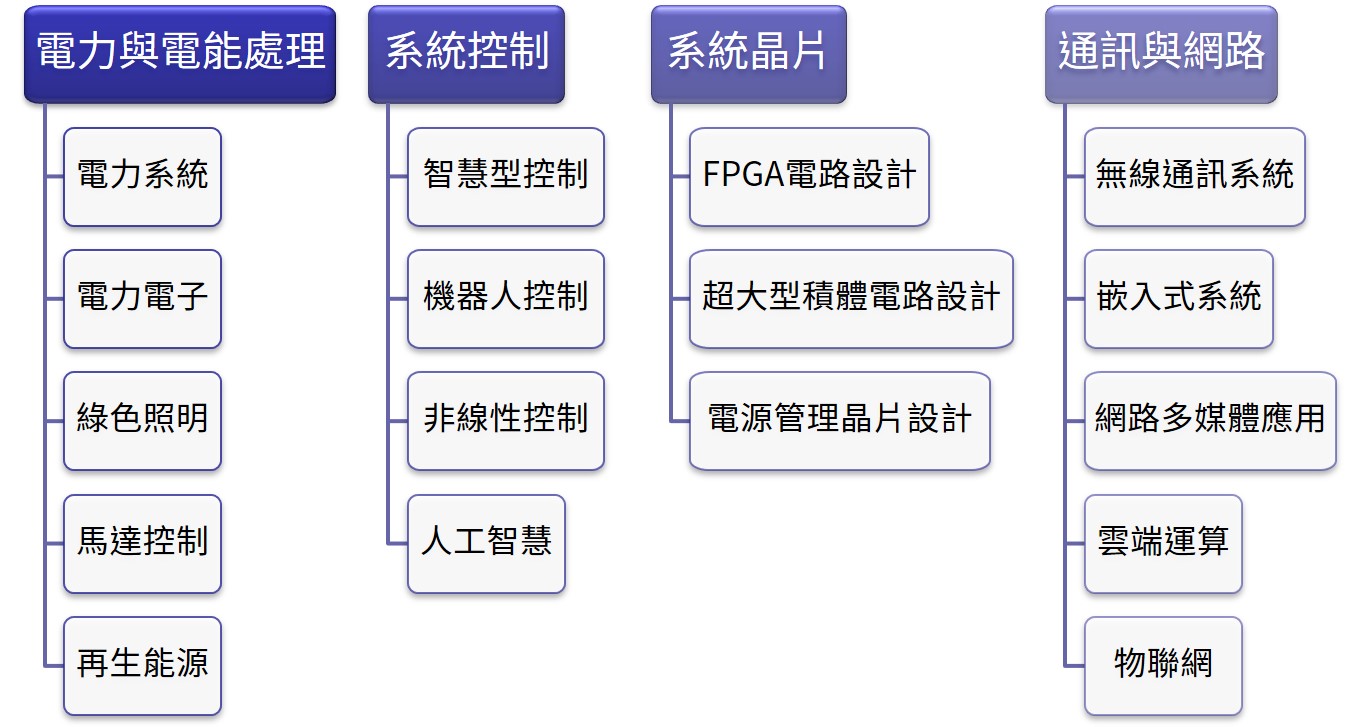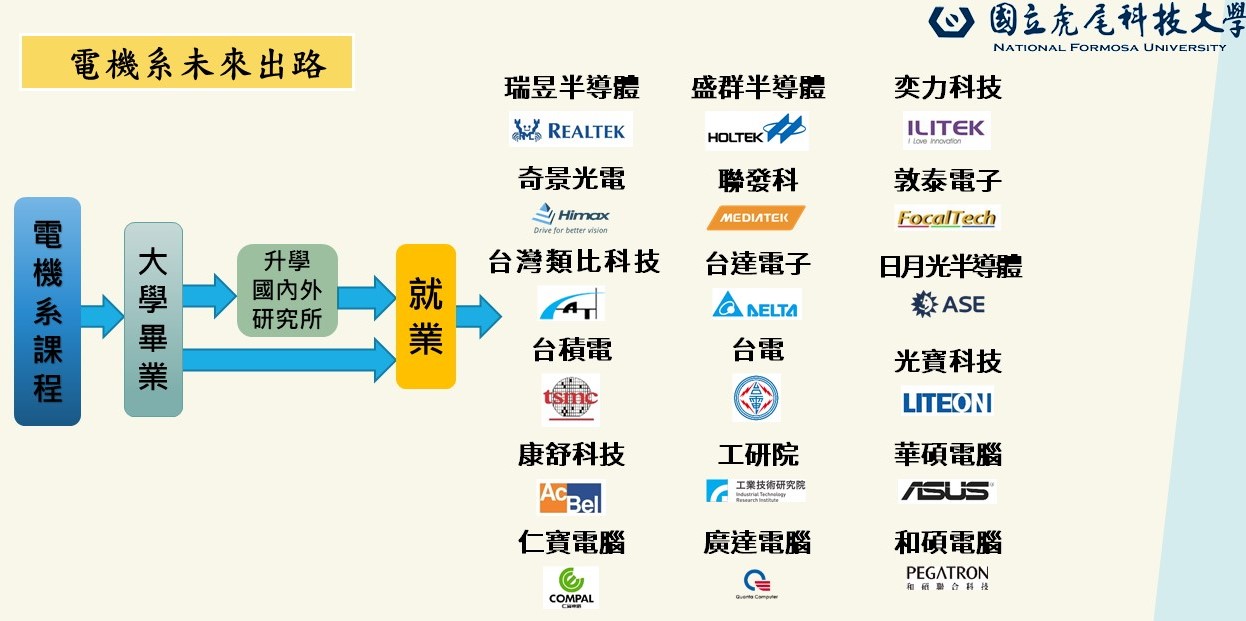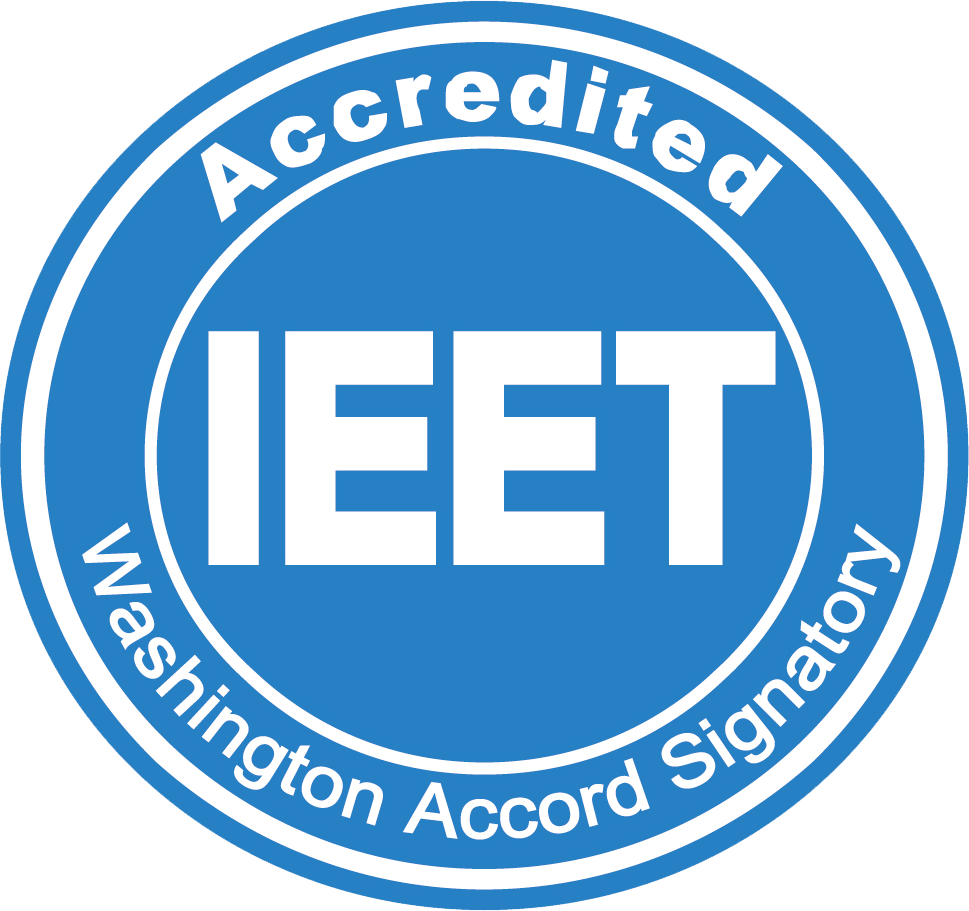- Words from the Department Chair
- Features of special classes for high school students
- Curriculum Axis
- Scholarships and Exchange Programs
- Development Areas of the Department of Electrical Engineering
- Achievements in Competitions
- Future Pathways
Dear parents and students,
I am Cheng Chia-Hsin, the Department Head of Electrical Engineering at National Huwei University of Science and Technology. I warmly welcome your interest in our department and your consideration to apply for admission. This year, with the strong support from our school, we have established a dedicated channel for high school students to apply for admission, allowing all high school applicants to be enrolled in the same class and providing them with abundant resources in terms of both hardware and software.
For high school students admitted through this channel, we have designed a curriculum focusing on three professional development areas: “Artificial Intelligence,” “Next-Generation Communications,” and “Integrated Circuit Design.” In addition to strengthening theoretical teachings, we also place great emphasis on practical internships, aiming to equip students with practical skills in design, manufacturing, integration, and repair. Our goal is to cultivate future engineering professionals in the electrical engineering industry who possess innovative thinking, solid theoretical foundations, and professional skills that meet the needs of the ever-changing era and sustainable social development.
Thanks to the full support from our school, as well as the projects initiated by the Ministry of Education, the Ministry of Science and Technology, and other national public sectors, along with generous funding from various industries, our department has not only acquired millions of dollars’ worth of state-of-the-art equipment in recent years but also accumulated abundant resources.
In order to align with international standards, we have established a dual-degree program with George Mason University in the United States and obtained accreditation from the Institute of Engineering and Technology (IEET) for engineering and technology education. This means that the courses, faculty, equipment, and environment provided by our department are “quality assured” and subject to continuous adjustment and improvement.
To enable our electrical engineering students to fully apply what they have learned, we actively collaborate with the industry and constantly adjust the course content by incorporating more interesting hands-on experiments. Through these efforts, students can delve into the essence of various electrical engineering fields in their senior years.
For students who are interested in pursuing graduate studies or studying abroad, we offer relevant courses and resources to allow them to delve deeper into the field of electrical engineering. For those who wish to enter the workforce immediately after graduation, we have corresponding arrangements in place, such as internships in the industry during their senior year or winter/summer breaks. In addition, we have established collaborations with multiple companies, and outstanding students may be directly employed as employees of these companies. Our goal is to ensure that every student has the opportunity for successful employment or further studies upon graduation.
If you have any questions or need further information about our department, please feel free to contact us. We will be more than happy to answer your inquiries.
We look forward to seeing you in our department in the future.
Best regards,
Cheng Chia-Hsin Department Head Department of Electrical Engineering National Huwei University of Science and Technology April, 112th
Features of special classes for high school students
Our department’s faculty expertise is divided into four areas: Power and Energy Processing, System Control, System Chips, and Communication and Networking. The high school specialized program is designed to cultivate professional skills in three aspects: Artificial Intelligence, Next-Generation Communications, and Integrated Circuit Design. This program aims to foster practitioners in the technology-related industries who possess practical abilities. In addition to strengthening theoretical teaching, practical internships are highly emphasized. Through research in professional theories and the transmission of practical skills, in line with national development and technological trends in various electrical engineering fields, students are expected to acquire practical abilities in system design, manufacturing, integration, and repair. This prepares them to meet the demands of the ever-changing era and contribute to sustainable social development.
Curriculum Axis
